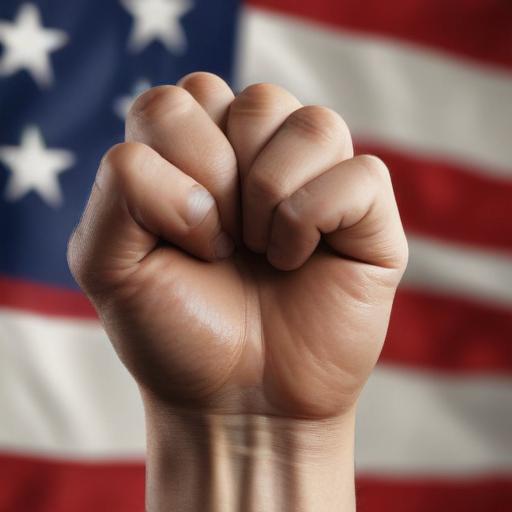Juneteenth is a significant occasion that commemorates the moment when the last enslaved individuals in Texas learned of their freedom, a full 2.5 years after the Emancipation Proclamation. This celebration symbolizes the fulfillment of freedom, albeit a freedom that has historically been delayed and denied for Black Americans.
The legacy of this struggle is ongoing; it did not begin with the announcement in 1865 and did not reach a conclusion with the events of 2020. The aftermath of George Floyd’s murder ignited a global uprising, prompting millions to voice their grief and demand justice. This moment is part of a broader continuum of resistance that has seen its expression in various forms—from legal challenges to protest movements and online activism.
The timing of this Juneteenth resonates deeply as we still navigate the consequences of that collective outcry and awakening. In a recent episode of the Southern Poverty Law Center’s podcast, “Apathy Is Not an Option,” titled “When the People Rise,” host Stefan Bradley elaborates on the historical journey of Black resistance through acts of rebellion, protest, and artistic expression.
Bradley articulates that being an activist involves intentionally resisting and challenging the status quo. He emphasizes the notion that silence and apathy do not lead to safety or freedom. Instead, he calls for continued action in a struggle that predates us and that now falls to us to carry forward. Progress may not always be linear, he cautions, but it requires committed individuals taking imperfect steps toward a righteous cause.
The podcast also highlights how culture serves as a means of resistance, citing influential figures from Billie Holiday to Kendrick Lamar, who have utilized their platforms to push for change. As Brandi Collins-Dexter notes, when mainstream media neglects Black voices, the community has adeptly turned to social media as a tool for education and organization.
Legal avenues for resistance are equally vital, as demonstrated by SPLC co-founder Joe Levin’s work in the 1980s against the United Klans of America through civil litigation, emphasizing that actionable consequences for harmful behavior are essential as part of the fight against systemic racism.
Ultimately, Juneteenth extends beyond a mere symbolic gesture; it serves as a rallying call for ongoing activism. As Bradley articulates, communities must not only react to oppression but continue to rise against it. The podcast “When the People Rise” remains accessible on major streaming platforms for those interested in exploring these critical discussions further.
This Juneteenth can inspire renewed efforts to claim rightful freedom and justice for all, reminding us that the pursuit of equality is an evolving journey requiring dedication and resilience.
